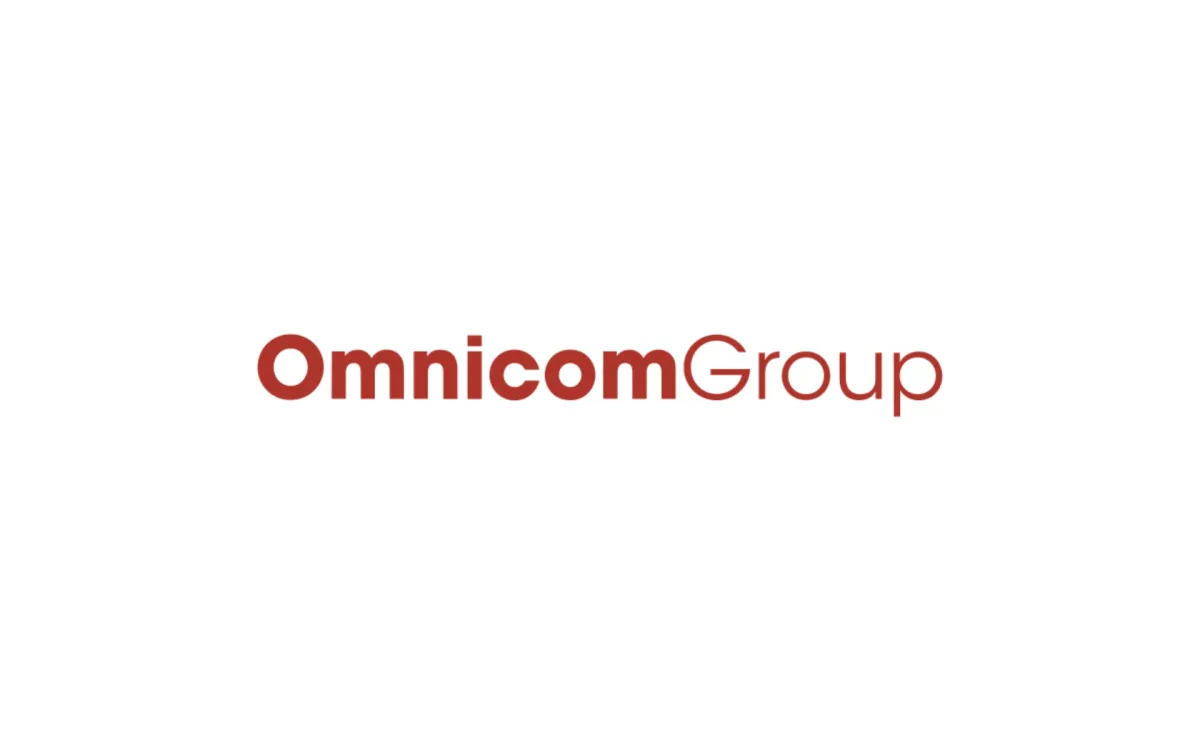
In a transformative deal announced today in New York, Omnicom Group has agreed to acquire Interpublic Group (IPG) in an all-stock transaction valued at $13.3 billion, creating the advertising industry's largest global network with combined revenues of $25.6 billion.
Under the terms disclosed in the merger agreement, IPG shareholders will receive 0.344 Omnicom shares for each IPG share they own. The transaction structure gives Omnicom shareholders 60.6% ownership of the merged company, while Interpublic shareholders will hold 39.4% on a fully diluted basis.
The combined organization, which will retain the Omnicom name and NYSE ticker symbol OMC, will employ over 100,000 practitioners across media, precision marketing, customer relationship management, data analytics, digital commerce, advertising, healthcare, public relations, and branding services.
John Wren, who will continue as Chairman and CEO of Omnicom, emphasized the strategic rationale: "This acquisition creates significant value by combining world-class, highly complementary data and technology platforms enabling new offerings to better serve our clients and drive growth."
Philippe Krakowsky, IPG's CEO who will become Co-President and COO alongside Daryl Simm, noted the cultural alignment: "Our two companies have highly complementary offerings, geographic presence and cultures. We share a foundational belief in the power of ideas, enabled by technology and data."
The merger brings together some of advertising's most prestigious agency networks including TBWA, IPG Mediabrands, DDB, Weber Shandwick, MullenLowe, FCB, McCann, BBDO, PHD, and OMD under one roof. The combined entity will serve over 5,000 clients across more than 70 countries.
Financial highlights of the transaction include:
- Combined 2023 revenue distribution of 57% U.S. and 43% international
- Projected annual cost synergies of $750 million
- Combined 2023 Adjusted EBITA of $3.9 billion
- Free cash flow of $3.3 billion
- Pro forma debt to EBITDA ratio of 2.1x before synergies
The companies will maintain their current quarterly dividends through the closing period. Once completed, Omnicom plans to continue its established practice of using free cash flow for dividends, acquisitions, and share repurchases.
Leadership integration includes the appointment of three current IPG board members, including Krakowsky, to the Omnicom Board of Directors. Phil Angelastro will remain as EVP & CFO of Omnicom.
PJT Partners and Morgan Stanley are serving as financial advisors to Omnicom and IPG respectively, with Latham & Watkins LLP and Willkie Farr & Gallagher LLP providing legal counsel.
The transaction, which requires shareholder approval from both companies and regulatory clearances, is expected to close in the second half of 2025. The companies will host a joint conference call today at 8:30 a.m. Eastern Time to discuss the merger details.
This historic combination occurs as traditional advertising agencies adapt to rapid technological change and increased competition from tech giants. The merger aims to create an advanced marketing and sales platform capable of delivering comprehensive solutions in an era of data-driven advertising and artificial intelligence.
As Omnicom and Interpublic Group move forward with their $13.3 billion merger, industry experts are highlighting several significant areas of concern that could affect the deal's success and its broader impact on the advertising landscape.
According to a post-announcement analysis from smarketer three key considerations emerge: "Cost savings, leadership position, and shareholder value." However, the firm warns of "expected layoffs by mid 2025" as the companies work to achieve their stated $750 million in annual cost synergies.
Seth Ulinski, an advertising industry analyst, notes that the merger appears to be "more reactionary" than strategic. "Neither have built strong GTM (go-to-market) strategies," Ulinski explains. "Initially, I don't see a huge benefit for either. Potential advantage is operational efficiencies once all of the human capital aspects are sorted (ugly/painful)."
The combination of the companies' respective data capabilities - Omnicom's recently acquired Flywheel Digital and IPG's Acxiom unit - could prove particularly significant. As Miles Brehm, a digital advertising expert, points out: "Omnicom gets access to Acxiom, IPG gets access to Flywheel. Covers weak spots for each."
From a geographic perspective, the merger could create a more formidable global competitor. According to industry observer Therran: "This creates a more global group, with each stronger in different markets. Omnicom (US, MENA) IPG (EMEA, APAC) which can surpass WPP in all markets minus APAC."
IPG's recent performance may have accelerated the timing of this combination. According to Ian Whittaker of Liberty Sky Consultants, IPG has lost three major creative accounts in the past 18 months - General Motors, Amazon, and Verizon. While IPG has already begun restructuring by selling its Huge agency and potentially R/GA, Whittaker suggests the company "may see this as the right moment ahead of its full financial year being released, negatively impacting share price and sentiment."
The consolidation occurs as automation and artificial intelligence reshape advertising economics. With the value of creative development potentially decreasing due to generative AI advances, the merger could represent an attempt to shore up pricing power. The combination of IPG Mediabrands and Omnicom Media would create a particularly powerful force in U.S. media buying.
Looking ahead, Brian Wieser of Madison and Wall suggests antitrust concerns are unlikely to derail the deal, noting similar issues didn't emerge during Omnicom's attempted merger with Publicis in 2013. However, he acknowledges that the regulatory environment has evolved, particularly regarding major corporate consolidations.
For Omnicom CEO John Wren, who previously attempted to merge with Publicis Groupe in 2014, this transaction could represent a final opportunity to lead the world's largest advertising network before concluding his tenure. While personal legacy may factor into the timing, industry observers emphasize that technological disruption and changing client demands are the primary drivers behind this historic combination.
This consolidation may trigger further merger activity among mid-sized agency groups like Dentsu's international assets and Havas. As one industry insider noted to Creative Salon, the deal "would likely bring in a higher price sold as a whole" while creating "less choice in the market for major advertisers."

